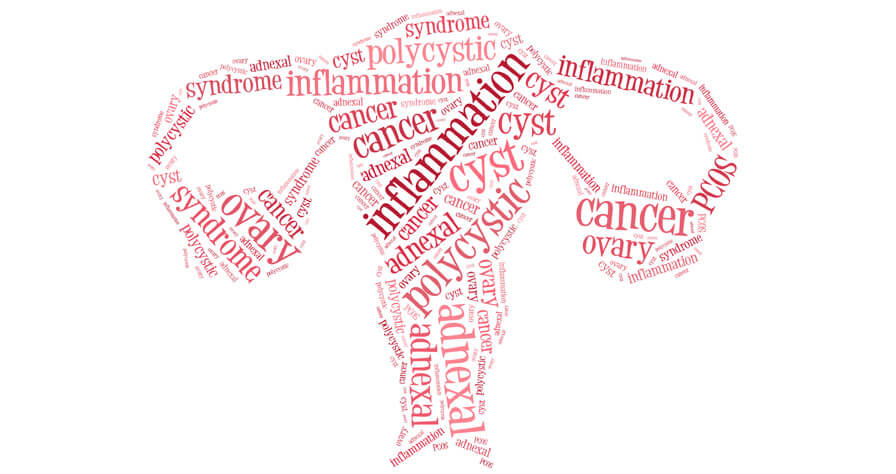Hair loss isn’t just a problem for men

If you recall your mother crying that your antics were causing her to pull her hair out, she may have not been far from the truth. Traditionally considered a man’s disease, thinning hair and hair loss can also become a problem for women. Fortunately, in many cases, it’s temporary or treatable.
According to the American Hair Loss Association, women make up 40 percent of Americans suffering from hair loss. It’s normal to lose 100 hairs a day, but significant hair loss is a symptom of something else going on in the body, and you should see your doctor to find the root cause.
While factors such as normal aging or chemotherapy cancer treatment are commonly known to cause hair loss, many causes are harder to pinpoint. These include:
Female pattern baldness: More than half of all women with hair loss suffer from female pattern baldness, which runs in families, and is characterized by thinning on top of the head or a widening part. Over-the-counter hair growth products such as Rogaine (minoxidil) may be helpful.
Hormones. A change in hormone levels can cause hair loss, including switching or going off birth control pills, pregnancy (hair loss can occur a few months after you deliver your baby) and menopause.
Physical stress. Any type of physical trauma, such as a car accident or severe illness, can trigger temporary hair loss about three to six months after the trauma. This can also include pregnancy or sudden weight loss.
Emotional stress. Emotional stress usually doesn’t cause hair loss, but it can make it worse if there is another underlying cause.
Diet. A number of dietary issues can cause hair loss, but it can usually be reversed by a simple change in your eating habits. Common issues include:
- Too much vitamin A
- Lack of protein
- Anemia or iron deficiency
- Vitamin B deficiency
Other health problems. Hair loss also can be a symptom of a medical condition. This could include polycystic ovary syndrome (PCOS), lupus and other autoimmune diseases or hypothyroidism (underactive thyroid).
The American Academy of Dermatology offers in-depth information about hair loss here.



